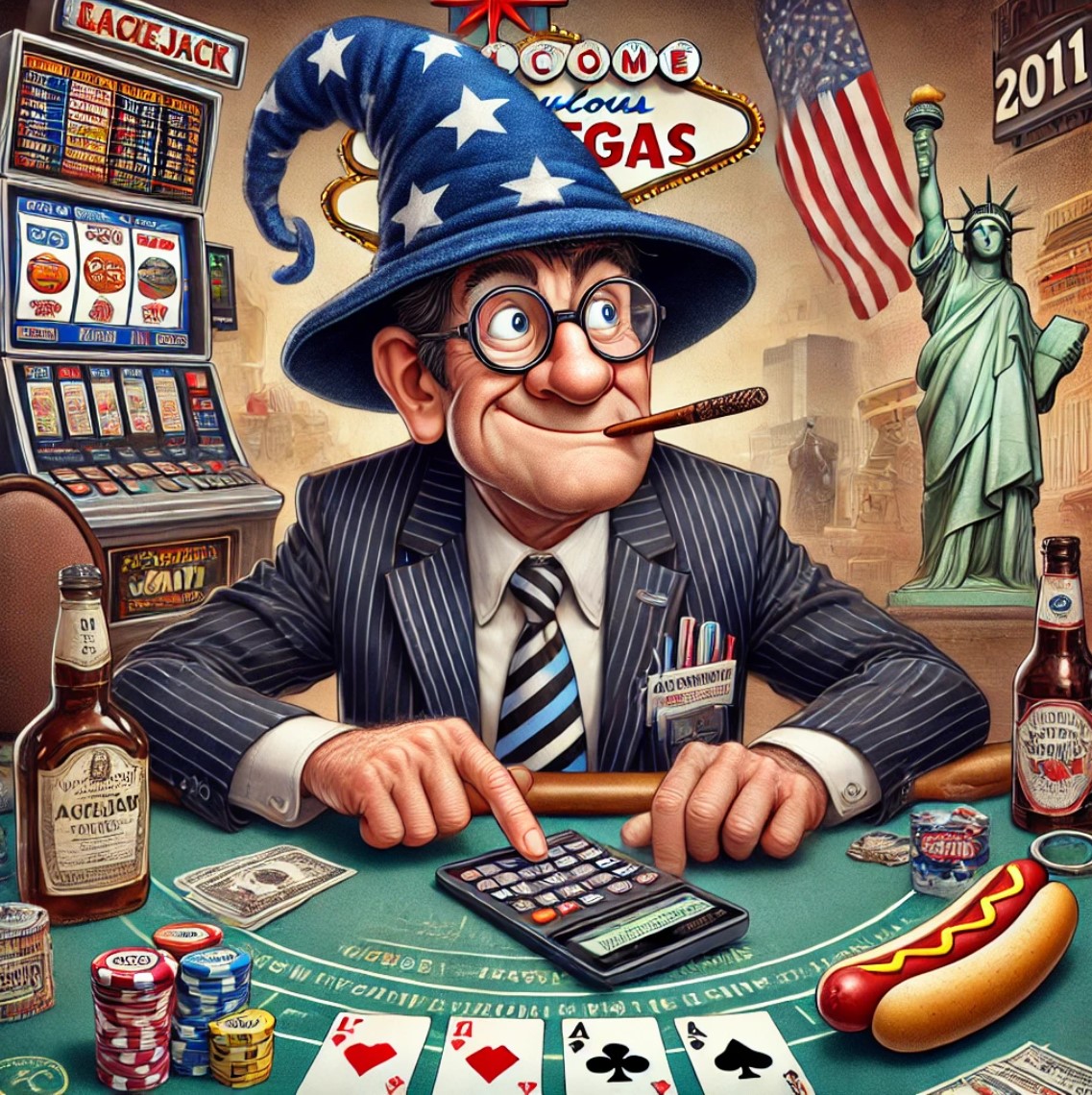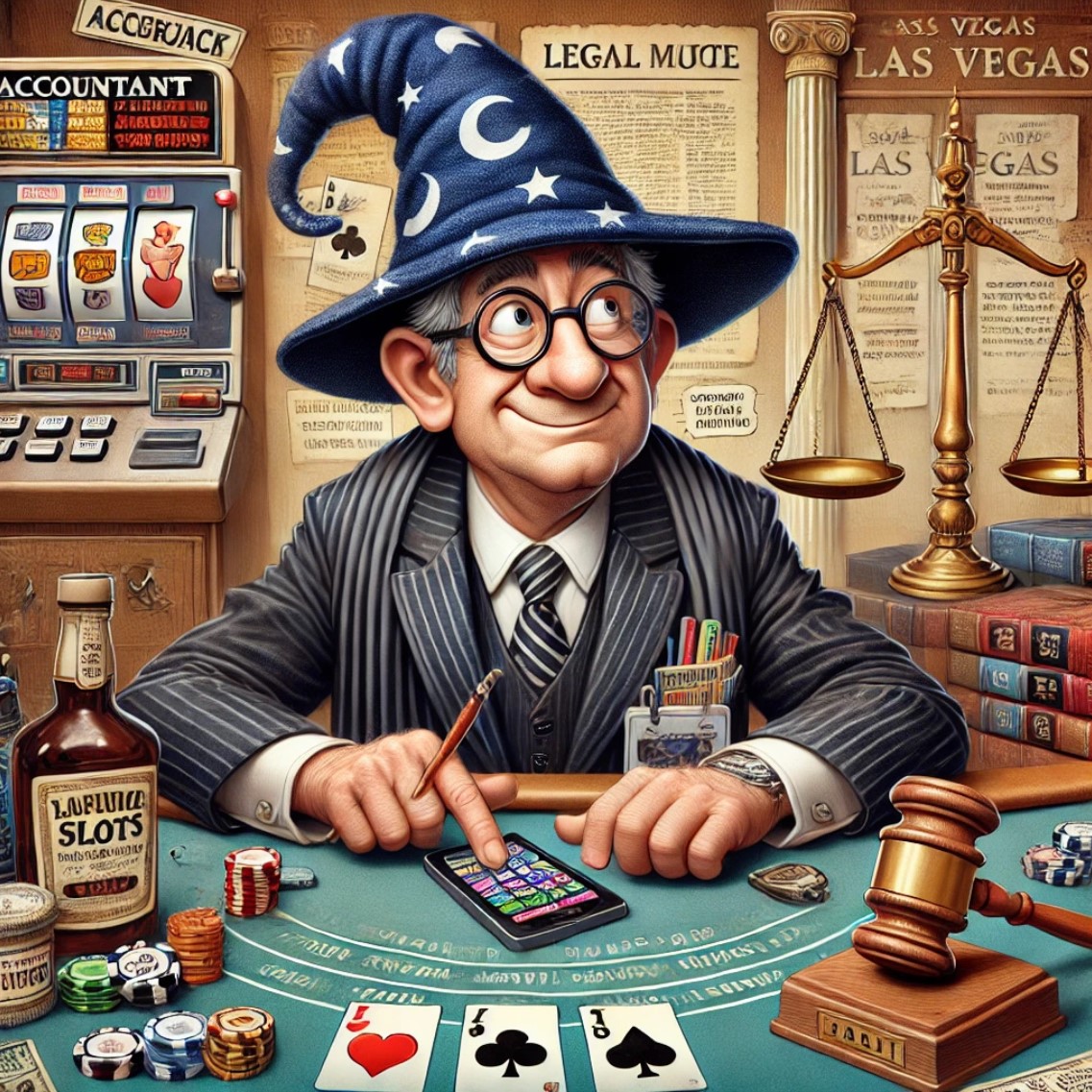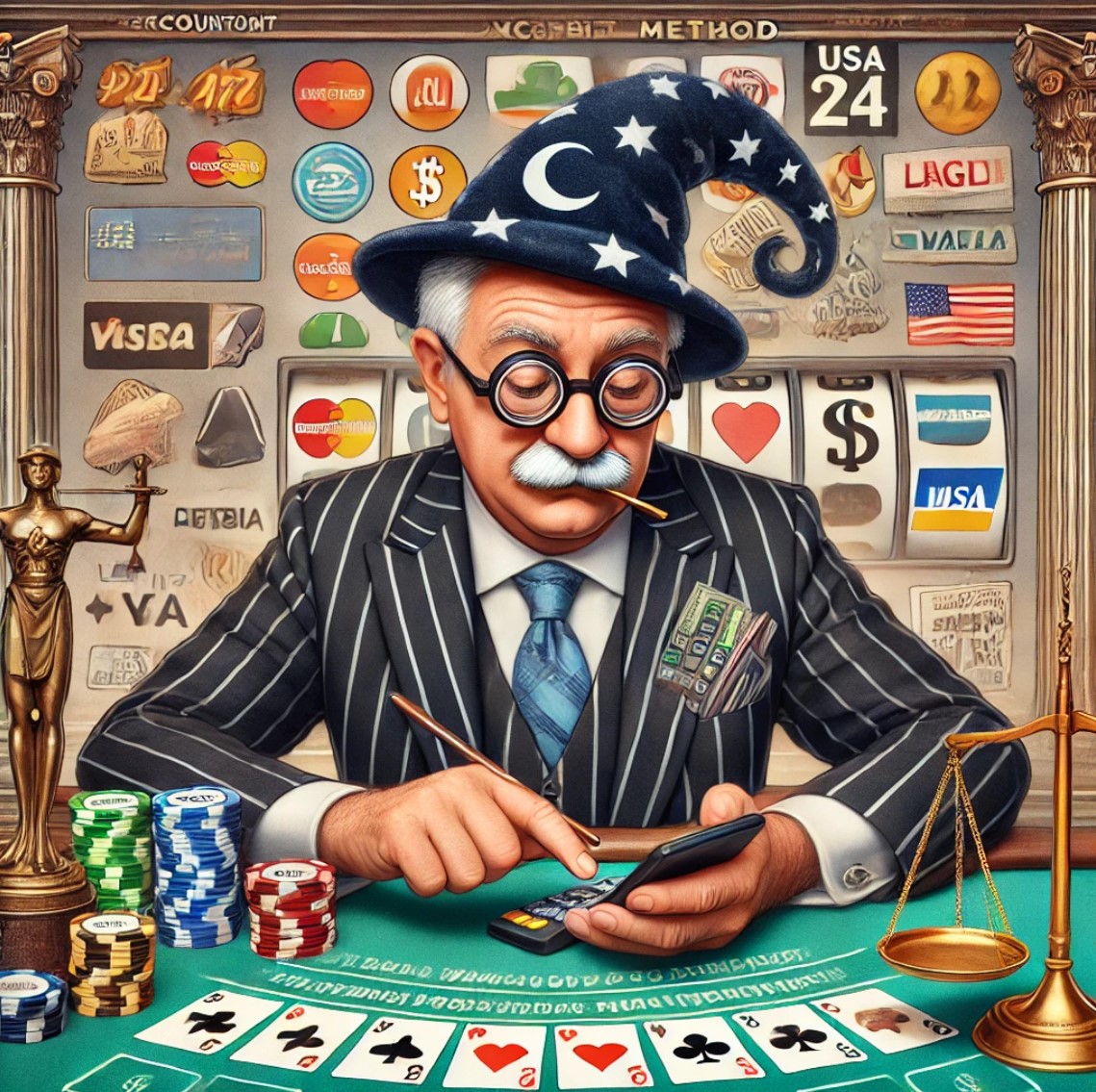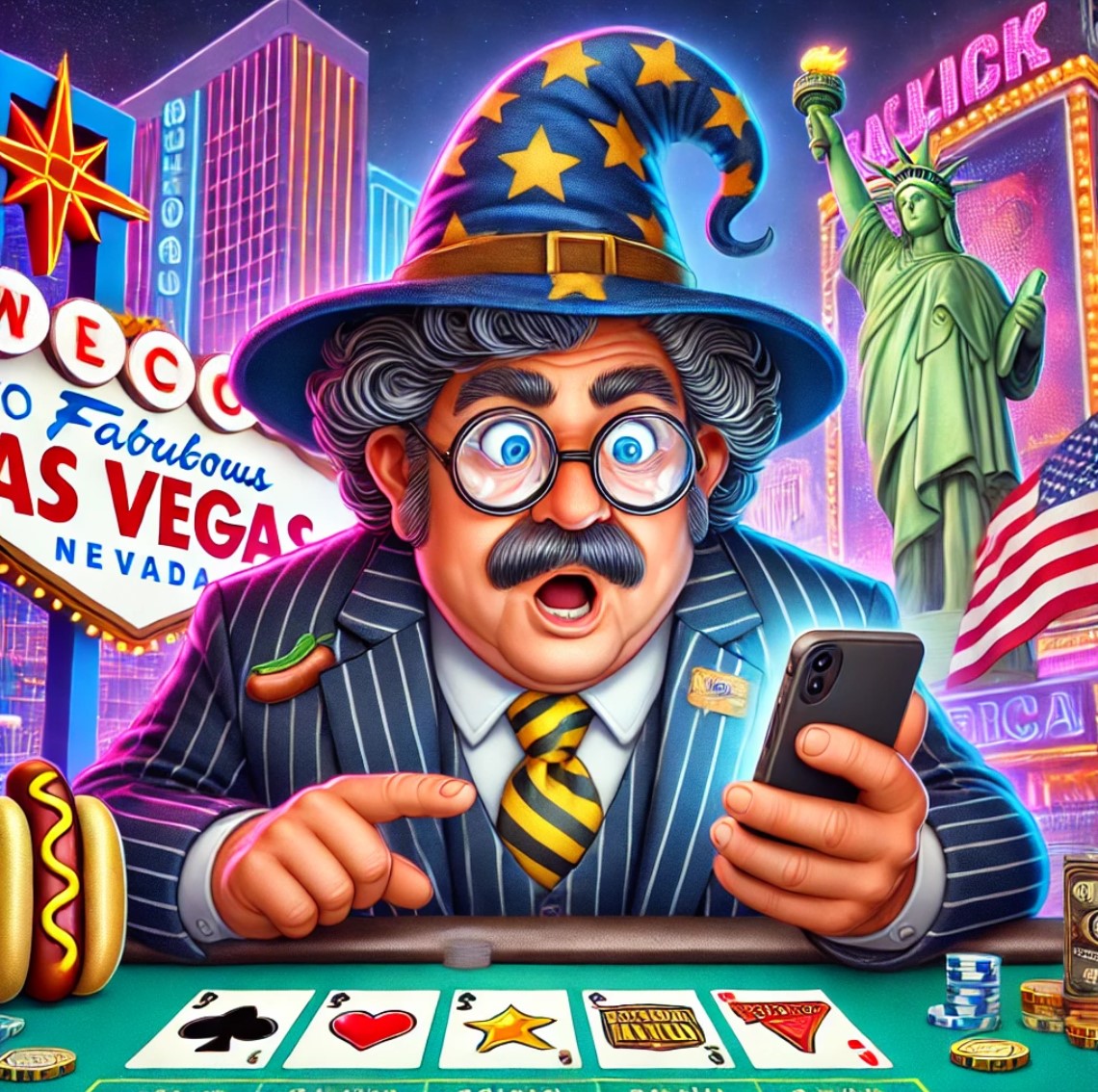On this page
Exploring Online Gambling Regulations in the United States
On this page
2006
On the 30th of September, 2006, the Congress of the United States advanced a bill focused on port security just as they were about to break for the midterm elections. As part of this last-minute addition, they included a provision known as the ' Unlawful Internet Gambling Enforcement Act of 2006', which President George W. Bush officially signed into law 13 days later, on October 13.
The essence of this legislation is that it prohibits any entity involved in gambling activities from accepting payments for such activities. It’s important to clarify that while internet gambling itself isn’t made illegal by this act, the act of accepting payments for gambling purposes is what’s deemed unlawful. To put it simply, participating in online gambling or making deposits isn’t illegal; it’s exclusively the acceptance of those payments that is prohibited. Feel free to form your own understanding. Below is a relevant excerpt from the United States Code, title 31, chapter 53, subchapter IV, section 5361:
The Law
No individual involved in the betting or wagering enterprise may knowingly receive payments associated with someone else’s illegal participation in online gambling.
- credit or credit proceeds given to or for the benefit of that individual (including amounts charged via credit cards);
- an electronic funds transfer, or funds sent through a money transmitting company, or the profits of such transfers, on behalf of that individual;
- any checks, drafts, or similar documents drawn by or on behalf of such individual and payable through any financial institution; or
- the proceeds of any other financial transactions which may be regulated jointly by the Secretary and the Board of Governors of the Federal Reserve System, pertaining to a financial institution as a payer or intermediary for or on behalf of that individual.
There was considerable speculation regarding whether this legislation was merely for display purposes or if the anti-gambling faction within the Republican party truly had intentions to enforce it. Some online gambling sites decided to stop accepting U.S. players as a precaution, whereas others opted to continue their operations.
 Recommendations for Online Casinos in the United States
Recommendations for Online Casinos in the United States
View All
$1000 BONUS + $25FREE
Casino, Sports and Poker
Licensed in New Jersey
Deposit/Withdraw - PayPal/Visa
2011
 Then, on April 15, 2011, a date known in the online gambling business After an event referred to as 'Black Friday,' significant changes occurred. The U.S. government shut down three major poker websites and froze their associated bank accounts, effectively removing any uncertainty regarding enforcement. As a result, many smaller gambling operators also decided to cease providing services to players based in the U.S., although some continued.
Then, on April 15, 2011, a date known in the online gambling business After an event referred to as 'Black Friday,' significant changes occurred. The U.S. government shut down three major poker websites and froze their associated bank accounts, effectively removing any uncertainty regarding enforcement. As a result, many smaller gambling operators also decided to cease providing services to players based in the U.S., although some continued.
Despite fears that online gambling was on the verge of being entirely shut down in the U.S. after Black Friday, a glimmer of hope was provided when Attorney General Eric Holder and the Department of Justice issued a legal opinion towards the year’s end. They stated that participating in online gambling itself did not breach The Wire Act, suggesting that such activities weren’t illegal at the federal level. This opened opportunities for individual states to establish their own regulations for online gaming.
To date, the states of Nevada , New Jersey , and Delaware states like Nevada, New Jersey, and Delaware have taken steps to legalize online gambling in various forms. Nevada has permitted online poker while New Jersey and Delaware have established frameworks for the legalization and regulation of online gambling. online casino games as well as online poker for players.
2015
I would estimate that 90% of online casinos, sports betting platforms, and poker websites are not accessible to players located in the U.S. Nevertheless, about 10% of these platforms seem to find the U.S. market too appealing to ignore. It’s quite easy to locate such casinos. Here at Wizard of Odds and its associated sites, Latest Casino Bonuses & Casino Listings we strive to simplify the process of finding online casinos that accept players from the U.S.
2016
In 2016, discussions surrounding online gaming in the United States picked up, yet actual developments in statewide regulation were minimal. There were proposals for California to embrace online poker, and Pennsylvania, along with Michigan, considered new bills aimed at legalizing and regulating online gambling.
On a national scale, a new bill called the Restoration of America’s Wire Act was proposed in Congress. This bill aimed to reverse the Department of Justice's 2011 opinion, classifying internet gambling as illegal by asserting that it contravened The Wire Act. This piece of legislation had the support of Sheldon Adelson, the Chairman of Las Vegas Sands, who utilized political donations to influence the Republican party. Ultimately, the bill lost momentum due to a lack of congressional support.
2017
Pennsylvania set out on the road becoming the fourth state after Nevada, Delaware, and New Jersey to greenlight online gambling. The first to expect is the online lottery Other gambling formats like slots, table games, sports betting, and video gaming terminals were also planned for future implementation. Illinois attempted to regulate online gambling, but similar to many past proposals, its 2017 bill failed to make it into law. New Jersey combined its online poker player pool with that of Nevada and Delaware, thereby significantly boosting its poker revenues.
2018
Sports
In a landmark ruling, the U.S. Supreme Court struck down the outdated Professional and Amateur Sports Protection Act (PASPA) of 1992, which had prohibited sports betting on a national scale. This decision opened doors for states to independently establish more progressive laws regarding online gambling, and several states acted promptly.
Interestingly, West Virginia did not wait for the Supreme Court’s ruling and legalized in-state sports betting in March, two months before the ruling was delivered. Before the year concluded, another eight states had approved sports wagering. By late summer 2022, betting was legalized in over two dozen states, the majority of which also permitted online betting.
Despite potential conflicts with tribal gambling agreements and persistent political resistance in certain regions, the rate of new sports betting approvals is projected to slow down, with some states possibly opting out entirely.
Casinos
 In November, the US Assistant Attorney General requested a “slip opinion” from the Office of Legal Counsel and was provided a Memorandum entitled “Reconsidering Whether the Wire Act Applies to Non-Sports Gambling”. The DOJ published the opinion in January of the next year.
In November, the US Assistant Attorney General requested a “slip opinion” from the Office of Legal Counsel and was provided a Memorandum entitled “Reconsidering Whether the Wire Act Applies to Non-Sports Gambling”. The DOJ published the opinion in January of the next year.
2019
In January, the U.S. Department of Justice announced a memorandum opinion a reversal on the 2011 Holder Opinion, clarifying that the Wire Act was applicable to all forms of online gambling. Shortly thereafter, Deputy Attorney General Rod Rosenstein gave businesses reliant on the earlier decision 90 days to comply, effectively indicating that the Wire Act encompassed 'any' type of online wagering.
While no immediate enforcement actions were taken, the DOJ did threaten to prosecute the Illinois Lottery, clarifying that any and all forms of online wagering not explicitly authorized would be treated as illegal.
This opinion raised numerous legal issues and failed to provide clear guidelines regarding various types of gambling, including state lotteries—many of which operated on out-of-state servers. An illustrative case is the interstate sales of Powerball tickets.
The legal arguments presented were overly ambitious and lacked clear definitions. Notably, in 2014, the U.S. 1st Circuit Court of Appeals determined in U.S. v. Lyons (Mastercard International Inc. Internet Gambling Litigation) that the Wire Act was relevant only to sports betting. A resolution wasn’t reached until 2021.
2021
Following the 2011 stance taken by AG Holder’s Office of Legal Counsel, the majority of states began transitioning their lottery systems online. However, the 2018 opinion endangered nearly $100 billion in lottery sales, alongside the offshore online casino sector and interstate poker liquidity pools.
After extended legal battles, on January 20, 2021, a unanimous panel of the U.S. Court of Appeals established that the Wire Act exclusively applied to sports betting, ruling in favor of the New Hampshire Lottery among others.
The court ruled The court found that the 2018 opinion was imprecise and dismantled the DOJ's technical justifications based on historical interpretations of the law, asserting that the Wire Act could not encompass online casino transactions established long after its passage in 1961.
With a change in administration, the DOJ's chance to contest the ruling faded on June 21, 2021. In early July, the Garland DOJ communicated that: “the government does not intend to petition the Supreme Court regarding the First Circuit’s decision.” This chapter effectively reverted to the 2011 Holder DOJ opinion, affirming that the Wire Act was applicable only to sports wagering.
It wasn't until late November 2021 that the global gaming and lottery conglomerate IGT sued the DOJ sought to deliver a definitive resolution. As this matter never escalated to the Supreme Court, without a broad declaratory resolution, a new administration potentially aligned with ultra-conservative values could reverse everything once more.
2023
As of now, online casinos are both lawful and regulated in six states. Nevada continues to operate solely with poker offerings alongside intrastate sports betting through various apps. Delaware , New Jersey , Pennsylvania , Michigan , West Virginia , and Connecticut All of these states provide online casino options. With approximately 30 states having legalized sports betting, and around 20 allowing online bets, the number of states featuring online casinos is poised to rise significantly in the near future.
More than 15 years since the implementation of UIGEA, even though online casinos should legally operate at the federal level, banks are still adhering to the guidance issued by the U.S. government in 2006, which essentially advised: “Avoid processing or facilitating online casino transactions unless you want significant legal trouble.”
This situation complicates the banking process for online gamblers in the U.S. Over the years, different payment methods have had varying levels of convenience. It has essentially been a game of cat and mouse. A separate industry focused on \"payment processing" has emerged to facilitate transactions from player to casino. These payment processors frequently change their names and banking affiliations to appear as unremarkable businesses.
For a period, this approach proved effective. Players utilized credit cards to make deposits to these generic companies, which then redirected funds to the casinos. Nevertheless, gradually, credit card companies began to reject such transactions. Visa debit cards Comprehensive 2025 Overview of Online Gambling in the United States
Find the Leading Online Casinos Available in Your Region
Calculator for Lottery Jackpot Ticket Sales
2024
Exploring Online Gambling Regulations in the United States play slots and live dealer table games On September 30, 2006, a pivotal port security measure was passed by the United States Congress on the very last day before taking a break for the midterm elections. Tacked onto this legislation was a clause known as the 'Unlawful Internet Gambling Enforcement Act of 2006'. It was quickly signed into law by President George W. Bush just over a week later, on October 13.
The essence of this law is that individuals engaged in the wagering industry are prohibited from accepting payments for bets placed online. Thus, contrary to common misconceptions, it does not render online gambling itself illegal; rather, it criminalizes the act of receiving payments tied to gambling activities. To put it simply, you can participate or make deposits without facing legal issues; the illegality stems from the acceptance of payments for those deposits. I encourage you to come to your own conclusions. Here’s the relevant text from the United States Code, title 31, chapter 53, subchapter IV, section 5361: Connecticut , Delaware , Michigan, New Jersey, Pennsylvania , Rhode Island, and West Virginia No individual involved in the betting or wagering business is allowed to knowingly accept financial transactions related to another individual's participation in unlawful Internet gambling. license poker sites .
According to Forbes This includes any credit or proceeds of credit provided to or for the benefit of that individual (such as credit from a credit card);
A district court decision in 2022 This also covers electronic funds transfers, or any form of funds sent via a money transmitting business on behalf of that individual; IGT It includes any checks or similar financial instruments drawn by or for that individual which are issued through any financial institution;
Furthermore, it encompasses the proceeds of any other type of financial transaction that the Secretary and the Board of Governors of the Federal Reserve may define by regulation, involving a financial institution acting as a payor or financial intermediary. UP TO $3000 BONUS .
Initially, there was considerable doubt about whether this law was simply a political façade or if the anti-Gambling sentiment among Republicans in Washington was genuinely impactful. While some online gambling sites made the decision to stop accepting U.S. players as a precaution, others chose to remain operational.
After what became known as 'Black Friday', significant changes occurred. The U.S. government effectively shut down three of the largest poker sites and froze their assets, which cleared up the earlier uncertainties. Many smaller gambling platforms swiftly barred U.S. players from access, though a few continued to operate. Casino & Sportsbook American players only Play on desktop or mobile Following the upheaval after Black Friday, the landscape of online gambling didn't look promising, but a glimmer of hope emerged when Attorney General Eric Holder, along with the Department of Justice, released a legal opinion late that year stating that online gambling itself wasn’t a violation of The Wire Act. This interpretation meant that internet betting wasn’t deemed illegal on a national level, allowing individual states the autonomy to legalize and regulate online gaming laws as they wish. Play Read Review online gambling business To date, the states of
Nevada
New Jersey
 Most operators realize that not everyone is willing or able to use cryptocurrency, so they will have familiar and convenient options like Visa, Mastercard, AmEx, or Discover available. Most US-facing casinos can’t accept eWallet deposits but there are ways to use almost any kind of payment method to buy credits or even Bitcoin from a crypto exchange or even the casino “directly”.
Most operators realize that not everyone is willing or able to use cryptocurrency, so they will have familiar and convenient options like Visa, Mastercard, AmEx, or Discover available. Most US-facing casinos can’t accept eWallet deposits but there are ways to use almost any kind of payment method to buy credits or even Bitcoin from a crypto exchange or even the casino “directly”.
Currently, only a few states, namely Nevada, New Jersey, and Delaware, have legalized some format of online gambling. Nevada has taken the lead in legalization, whereas New Jersey and Delaware have both successfully regulated various forms of online gambling.
Estimates suggest that around 90% of Internet casinos, sportsbooks, and poker sites limit access to U.S. players. Nevertheless, there remains about 10% that find the U.S. market too enticing to ignore. Identifying these casinos isn't difficult; our platform, Wizard of Odds and its related sites, strives to assist you in locating online casinos that welcome American players.
Delaware
As of 2016, there has been considerable discussion surrounding online gaming in the U.S., yet tangible progress in regulating the activity across more states has been minimal. Speculation regarding California moving towards adopting online poker has surfaced, and states like Pennsylvania and Michigan are actively working on bills to legalize and regulate online gambling. online poker .
At the federal level, a new bill titled the Restoration of America’s Wire Act has been presented in Congress. This proposed legislation aims to reverse the 2011 Department of Justice opinion, making online gambling illegal by asserting that it conflicts with The Wire Act. This bill enjoys support from influential figures like Sheldon Adelson, the Chairman of Las Vegas Sands, who has leveraged political contributions to support such initiatives. However, the proposal has encountered a lack of support among lawmakers.
There have been efforts to position Illinois as the fourth state to authorize online gambling alongside Nevada, Delaware, and New Jersey. Although specific provisions for slots, table games, sports betting, and video gaming terminals are being developed for future launches, attempts at regulating online gambling in Illinois have repeatedly stalled, with the latest legislative attempt in 2017 also falling short. New Jersey, on the other hand, has successfully combined its online poker player pool with those of Nevada and Delaware, significantly boosting its poker revenues.
online casino games
In a landmark decision, the U.S. Supreme Court struck down the outdated Professional and Amateur Sports Protection Act (PASPA) of 1992, which had prohibited sports betting at the federal level. This momentous ruling paved the way for states to consider implementing more liberal online gambling laws independently, which many states eagerly started to do.
West Virginia, for instance, didn’t linger for the Supreme Court announcement, promptly legalizing in-state sports betting in March—months before the ruling was issued. By year's end, eight additional states had enacted laws permitting sports wagers. By late summer of 2022, over two dozen states had legalized betting, most of which included options for online wagering.
as well as online poker for players.
In January, the U.S. Department of Justice released new guidance that reversed the 2011 Holder Opinion, clarifying that the Wire Act applies to all forms of online betting, not just sports-related gambling. The following day, Deputy Attorney General Rod Rosenstein warned businesses reliant on the previous ruling that they had 90 days to comply, clearly indicating that any form of online wagering not specifically allowed was considered illegal.
Casino Listings
No legal actions were immediately taken; however, the DOJ's warning to the Illinois Lottery signaled that they regarded any sort of unauthorized online wagering as an offense. This opinion left many operators uncertain about the legal status of different types of gambling, including state lotteries that frequently utilized out-of-state servers for their operations. One notable instance includes the interstate sale of Powerball tickets.
The DOJ’s argument was criticized as poorly reasoned, and it lacked clear definitions regarding what constituted 'gambling', which could encompass state lotteries using out-of-state systems. The U.S. 1st Circuit Court of Appeals previously ruled in U.S. v. Lyons that the Wire Act was specific to sports betting. True clarity didn’t arrive until 2021.
In light of the 2011 decision from Attorney General Holder’s Legal Counsel, many states began transitioning their lottery systems online. However, seven years later, the 2018 opinion jeopardized nearly $100 billion in lottery revenue, alongside offshore casinos and interstate poker liquidity pools.
After numerous court cases and appeals over several years, a unanimous panel from the U.S. Court of Appeals ruled on January 20, 2021, that the Wire Act solely pertains to sports betting, a decision that favored the New Hampshire Lottery and others in a similar position.
The court condemned the vagueness of the 2018 opinion and dismantled the DOJ's historical interpretations concerning the Wire Act, arguing that it could not extend to online casino betting transmissions implemented when the Wire Act was first introduced in 1961. Pennsylvania .
With a change in the political landscape, the DOJ’s timeframe to appeal this decision lapsed on June 21, 2021. By early July, the Garland DOJ conveyed that they did not plan to challenge the First Circuit's ruling. This effectively reverted back to the 2011 Holder opinion, stating that the Wire Act pertains only to sports betting.
set out on the road- Pennsylvania $25, Rhode Island, and
- West Virginia Several states now host online casinos. With approximately 30 states legalizing sports betting and nearly 20 allowing online wagering, the landscape for online casinos could see significant growth soon.license poker sites
- According to Forbes Despite the UIGEA being enacted over a decade and a half ago, the regulatory environment suggests that online casinos should be permissible at the federal level; however, financial institutions still adhere to guidelines established by the U.S. government in 2006, which essentially state: “Do not process or assist with online casino transactions unless you want serious repercussions.”A
- district court decision in 2022 $50IGT
- online gamblingEthereum
- orBitcoin
- Minnesota MissouriMississippi
- Montana An Overview of Online Gambling Across the United StatesNorth Carolina
- North Dakota On September 30, 2006, Congress rushed through a port security bill right before taking a break for the midterm elections. Embedded within this legislation was an addition known as the 'Unlawful Internet Gambling Enforcement Act of 2006'. Just 13 days later, President George W. Bush officially endorsed it on October 13.Nebraska
- New Hampshire New JerseyNew Mexico
- NevadaNew York
- OhioOklahoma
Cashout Times Grade
as well as any other kind of financial transaction that may be specified by regulations jointly established by the Secretary and the Board of Governors of the Federal Reserve System, acting on behalf of or for the benefit of that individual.
Initially, there was a great deal of speculation regarding whether this legislation was legitimate or merely a symbolic gesture. While some online gambling platforms opted to close their doors to U.S. customers out of an abundance of caution, others chose to remain operational.
Recommended Online Casinos for Players in the United States
C++
- After what became known as 'Black Friday,' significant changes occurred. The U.S. government shut down three major poker websites that catered to American players and froze their assets, thereby clarifying the situation. Many smaller gambling sites quickly chose to stop serving U.S. customers, although some remained open.
- Despite the apparent gloom for online gambling in the U.S. post-Black Friday, a glimmer of hope emerged when Attorney General Eric Holder and the Department of Justice issued a legal opinion towards the end of the year, stating that online gambling itself didn’t violate The Wire Act. This opened a pathway for individual states to create and implement their own online gaming laws.
- Currently, only a select few jurisdictions within the United States have legalized some form of online gambling. Nevada has taken steps to legalize it, while New Jersey and Delaware have established regulations for online gaming.
- It is estimated that around 90% of internet casinos, sportsbooks, and poker sites do not accept U.S. players. Nevertheless, about 10% of them continue to operate, finding value in the American market. At Wizard of Odds and our partner sites, we strive to assist players in locating U.S.-friendly online casinos.
- Throughout 2016, discussions surrounding online gaming in America ramped up, yet substantial progress on regulation remained elusive across additional states. California contemplated introducing online poker, while Pennsylvania and Michigan made efforts to push through legislation to legalize and regulate the activity.
- Minimum Withdrawal Grade
- On a federal level, a new bill titled the Restoration of America’s Wire Act was introduced in Congress. If passed, it would effectively reverse the 2011 Department of Justice opinion by deeming internet gambling illegal by asserting it violates The Wire Act. This bill was supported by Sheldon Adelson, Chief Executive of Las Vegas Sands, who lobbied for its introduction through significant political donations. Ultimately, the bill lost momentum due to insufficient interest from lawmakers.










